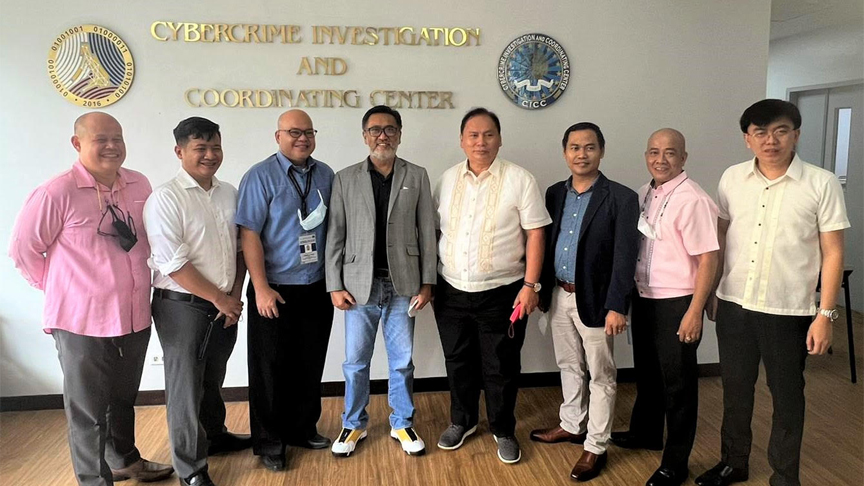Smart Communications, Inc. says it is closely coordinating with the Philippine National Police (PNP) Anti-Cybercrime Group and the Cybercrime Investigation and Coordinating Council of the Department of Information and Communications Technology (DICT) to hunt down the culprits behind the text scams. The company is ready to provide relevant information to law enforcers once they have submitted the necessary preservation request.
“We are supporting government-led efforts to identify the scammers and to pin down where they’re getting the SIMs that they’re using to run their modus,” said Angel Redoble, FVP and Chief Information Security Officer of PLDT and Smart.
On its own, Smart is looking into suspicious SIM purchases that might be related to the illegal activity. Smart says it has made significant inroads in understanding the nature as well as the source of the suspicious SIMs.
“Our initial investigation has shown that the fraudulent messages are being sent phone-to-phone. They don’t pass through aggregators. Most likely, the perpetrators have bought the SIMs in bulk. But through our blocking efforts, we are making it expensive for them to use this method,” added Redoble.
From June to August alone, Smart has blocked 167,000 numbers that were found to have been used in fraudulent activities. The network has also blocked around 342 million smishing messages in the same time frame.
Prior to the National Telecommunications Commissions order to block links found in text scams, Smart has been blocking uniform resource locators (URL) tied to the modus. By August of this year, Smart has blocked more than 5.5 million malicious domains, enabling it to prevent 11 billion attempts to access phishing sites.
Smart has also reiterated its support for the mandatory registration of SIM cards. A House panel recently approved the consolidated measure requiring the registration of prepaid and postpaid SIM cards, especially to curb mobile phone-aided criminal activities such as text scams.
Smart’s efforts to detect and block malicious messages, including SIMs and websites tied to fraudulent activities, are part of a much broader program to elevate the quality of customer experience by protecting them from threats and attacks.


















































































































